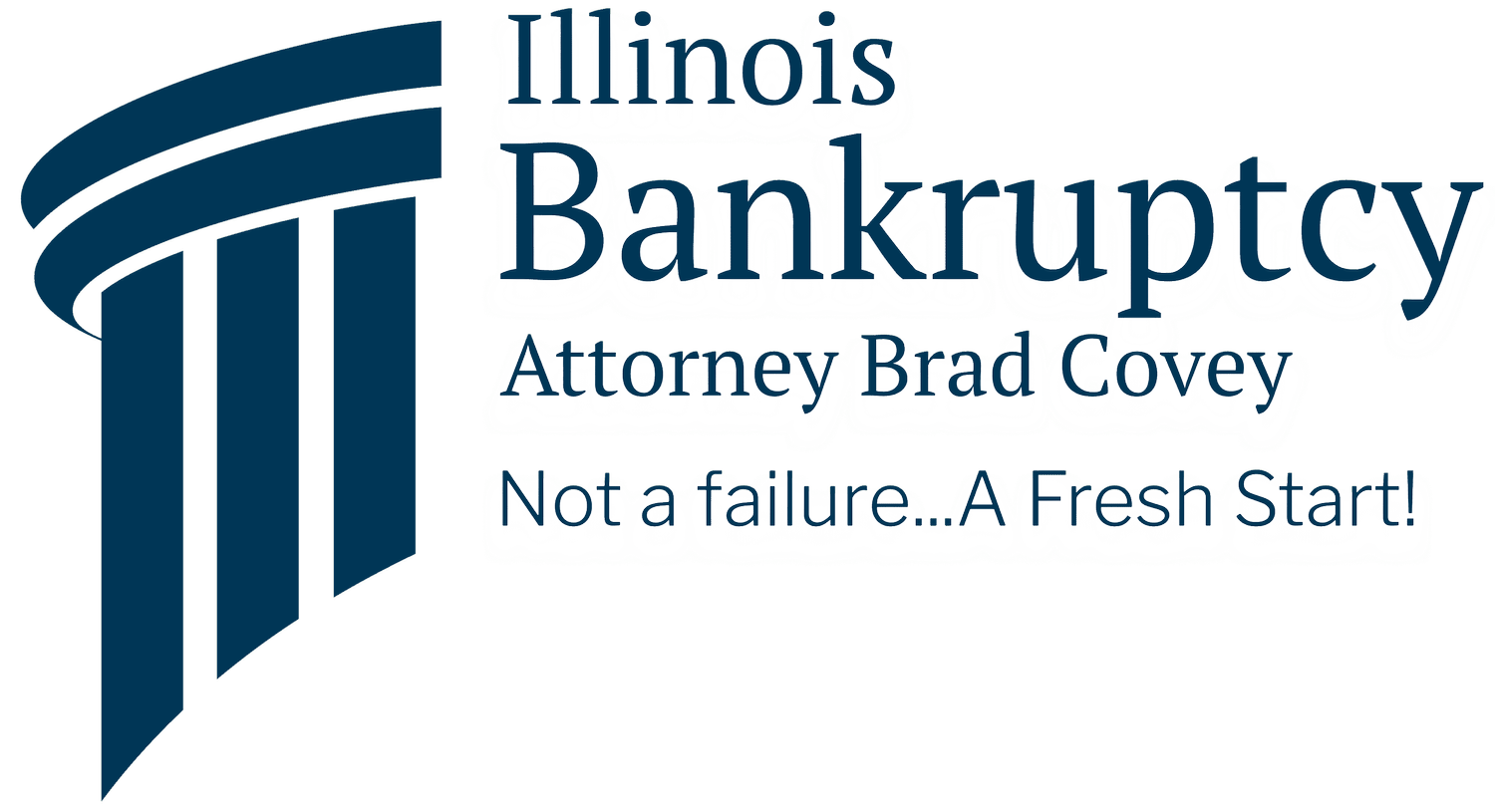Meet Bankruptcy Lawyer Before Creditors Meeting?
“Should I meet my bankruptcy lawyer before my creditors meeting?”
Absolutely!
I am often amazed during bankruptcy creditor meetings (341 meetings) where it becomes obvious that the debtor(s) is not sure who their bankruptcy lawyer is, or moreover, may have never even met with an attorney until the day of the §341 meeting!
Any person filing for chapter 7 or 13 bankruptcy in Illinois should be very careful to meet with the attorney that will represent them in the bankruptcy process. Conversely, bankruptcy lawyers would do well to verify and confirm that they or an attorney from their law firm have met with the clients in order to accurately assist, prepare and thoroughly review the bankruptcy schedules and explain the bankruptcy process. The problem was recently highlighted and underscored in an opinion rendered by Judge Grandy for the Bankruptcy Court for the Southern District of Illinois (In re Harps, 10-31063, 2011 Bankr. LEXIS 301, 1/28/11). The Court noted that it was “very troubled by the fact that an attorney did not meet with the debtors – in fact, had no contact with the debtors – until the day the paperwork was signed. There was no opportunity for an attorney to have a face-to-face meeting with the debtors to discuss their financial situation, to explain their options, to discuss the pros and cons of filing a Chapter 7 or 13, to observe the debtors’ demeanor and gauge their understanding of the process, and to answer the debtors’ questions.” From the client’s perspective, the Court highlighted the problematic fact that “…there was no opportunity for the debtors to evaluate whether they felt comfortable hiring [their lawyer and the law firm].” The Court ordered disgorgement of a substantial portion of the charged legal fees by the attorney. Simply having a non-attorney, legal assistant complete basic information and spitting out a chapter 7 or chapter 13 bankruptcy petition and schedules with little to no attorney oversight and input is the wrong way to go.
It is dangerous for the petitioning debtors and hazardous to the long-term good standing of the signing and appearing attorney.

